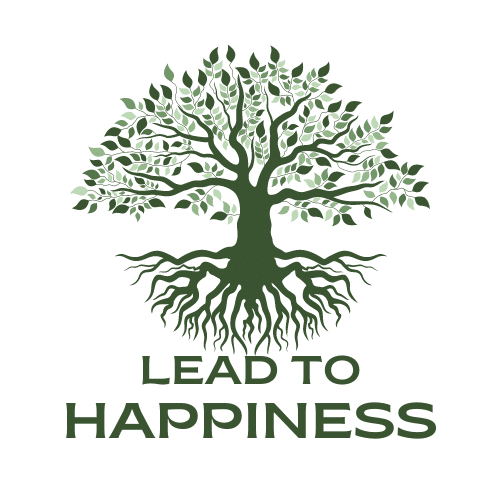They’re lovely—but easily ruined. Avoid these costly blunders by learning what you truly need to keep your wood floors in good condition.
Wendy Rose Gould
Before you mop, pause!
The crowning splendor of any home is its wood floors. They’re lovely, sparkly, and full of color and personality. However, as beautiful as they are, wood floors can be difficult to keep clean. They necessitate regular maintenance and cleaning, as well as knowledge of which products are safe to use and which are not. Check out these critical cleaning tips from professionals for a complete list of the things you should never use on your wood floors—and what you should instead.

Ammonia
Ammonia is a pungent chemical that has many cleaning uses in your home, but it should never be used on hardwood floors. “The ingredient damages the surface and dissolves the lignin in the wood,” explains Leanne Stapf, chief operating officer at The Cleaning Authority. If you’re looking for a heavy-duty wood floor cleaner that’ll cut through serious gunk, try Zep Commercial Hardwood and Laminate. Bonus: It can also be used on baseboards, cabinet doors and crown molding. A big FYI: When you do use ammonia, never combine it with bleach.

Cleaner for windows
Glass cleaners are not recommended for use on wood floors. According to Rosa Nogales-Hernandez, chief house cleaning valet at Valet Living, some are made with abrasive substances (such as ammonia) that can really damage your floors and leave marks. In general, though, there are just better solutions to consider when it comes to cleaning your wood floors. One viable solution is diluted Pine-Sol, which was recently approved by the CDC as an efficient coronavirus killer. To use, mix 1/4 cup Pine-Sol with one gallon of water. Wipe away with a microfiber towel after spraying your floors.

Lemon juice
Like vinegar, lemon juice is a highly acidic ingredient that can disrupt the beauty and integrity of your wood floors—particularly when used in large amounts. Too much can dull your floors and also wear down the finish, making your floors more susceptible to damage over time.

Soiled mops
When it comes to cleaning your wood floors, less is more, and this is especially true when it comes to water. “Extremely damp mops can destroy the gloss and damage the wood itself,” explains Stapf. “Instead, use a slightly damp mop to remove excess standing water to avoid damage.” When wiping stains from the floor, a slightly damp mop works well.” Bottom line: Any product that necessitates the use of a bucket and mop is not suitable for wood floors.

Steam cleaners
On that note, steam-cleaning devices shouldn’t be used on hardwood floors, either. Because of wood’s porous nature, moisture is easily absorbed. “Steam cleaners will leave excessive water and heat on the floors, and this can lead to cupping and long-term damage,” notes Nogales-Hernandez. “I recommend using a microfiber mop when cleaning instead.”

Water and soap
Straight soap and water work well in many cleaning situations, but it isn’t the best option for hardwood floors. For starters, it frequently necessitates the use of excessive water, which can cause long-term damage. Second, the soap leaves a filmy residue buildup on your floors, which can diminish the brightness, attract footprints and scuffs, and even make the surface slippery.

Vinegar
Vinegar is another one of those ubiquitous, highly touted household cleaning products that ought to be used with caution when it comes to your wood floors. “Using too much vinegar and water on your floors can dull them over time,” says Nogales-Hernandez. “This is a commonly recommended cleaning solution, but it can be damaging.” Vinegar should be used sparingly on wood floors or reserved for hard, durable surfaces such as windows, sinks, and microwaves, as well as these other things you didn’t know you could use vinegar on.
For maximum clean and shine, she recommends combining 2 cups of warm water with 1/4 cup rubbing alcohol, 1 tablespoon castile soap, and 1/2 cup vinegar. Combine in a spray bottle, spray the solution onto your floor and wipe it up with a damp cloth or microfiber mop. When using castile soap, stick to the pure, unscented stuff.

Hydrogen peroxide
Though hydrogen peroxide isn’t quite as potent as bleach, it can easily discolor wood floors when used incorrectly. To avoid any mishaps, Stapf recommends skipping this ingredient altogether and instead use a damp microfiber mop or cloth to clean your floors. The spot-cleaning tricks and tips mentioned above can also be used to tackle stubborn stains and built-up grime.

Sandpaper
You might be tempted to smooth out a weird spot in your hardwood floors, but Stapf says this is a recipe for disaster, regardless of the grit you’re working with. “Sandpaper can quickly damage the finish of hardwood floors,” she explains. This not only hinders their beauty but also makes them more susceptible to damage down the road. “If you need to clean stubborn spots off a hardwood floor, rub the stain with steel wool and floor wax until it disappears.” The steel wool still has some grit, but it’s much finer than any sandpaper you’ll find. An alternative is a Magic Eraser, or even a toothbrush.


